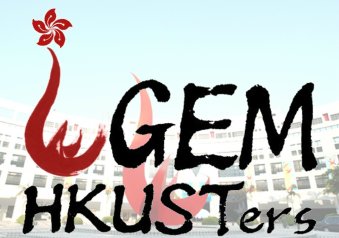From 2008.igem.org
(Difference between revisions)
|
|
| Line 1: |
Line 1: |
| - | [[Image:HK Harbour-1-2.jpg|1200px|center|frameless]]<p align="right">''Probably the most beautiful harbour in the world: Victoria Harbour. Taken at the Peak, Hong Kong. ''</p> | + | [[Image:HK Harbour-1-2.jpg|1200px|center|frameless]]<p align="right">''Probably the most beautiful harbour in the world: Victoria Harbour, taken at the Peak, Hong Kong. ''</p> |
| | {| style="color:#1b2c8a;background-color:#5cc7dd;" cellpadding="3" cellspacing="1" border="1" bordercolor="#fff" width="80%" align="center" | | {| style="color:#1b2c8a;background-color:#5cc7dd;" cellpadding="3" cellspacing="1" border="1" bordercolor="#fff" width="80%" align="center" |
| | !align="center"|[[Team:HKUSTers|Home]] | | !align="center"|[[Team:HKUSTers|Home]] |
Revision as of 16:52, 17 September 2008
Probably the most beautiful harbour in the world: Victoria Harbour, taken at the Peak, Hong Kong.
|
|  Our logo:The Bauhinia purpurea x variegata at the top-left corner is the floral emblem of Hong Kong; the red sundial on the left represents HKUST, as there is a large sundial in HKUST as a landmark; the Chinese brush style English letters reflect the cultural diversity of Hong Kong as a place where east meets west. Abstract
The HKUSTers’ project is composed of three components; (1) a Randomizer with one of the two possible random outputs at a single cell level, (2) a Memorizer that specifically records the last input and compares it with the current input to give out an XOR calculation, while the input before the last is erased, and (3) a Spatial Oscillator that facilitates autonomous back and forth migration of cells responding to two opposing chemical gradients.
Our project objective is to construct a biological slot machine by coupling the Randomizer with the Memorizer. When two consecutive random signals are produced by the Randomizer, a Memorizer can evaluate whether the two signals are the same so as to display a Jackpot output. Coupling of the Randomizer and a Spatial Oscillator can generate a dynamic pattern, such as dots and stripes, whereas modifications of the Spatial Oscillator can be introduced to produce an automatic and more complex oscillation pattern. With these three building blocks integrated in specific manner, different dynamic patterns can be generated to recreate stripes and pigmented profiles as found in many biological systems. The components also constitute the foundation units subjected to scale up assembly of more complex operations.
 We would truly like to thank Hysan Development Company Limited for their generous sponsorships! We would truly like to thank Hysan Development Company Limited for their generous sponsorships!
|
 "
"


